[et_pb_section bb_built=”1″ admin_label=”section”][et_pb_row admin_label=”row” background_position=”top_left” background_repeat=”repeat” background_size=”initial”][et_pb_column type=”4_4″][et_pb_text background_layout=”light” text_orientation=”left” use_border_color=”off” border_color=”#ffffff” border_style=”solid” module_alignment=”left” background_position=”top_left” background_repeat=”repeat” background_size=”initial”]
Jockeys. Photo by Vas.
by Frank Vespe
In the wake of the death of jockey Jose Luis Flores, Jockeys’ Guild chairman John Velazquez, vice-chairman G. R. Carter, and national manager Terry Meyocks issued a statement today calling on the industry to “do more to protect the jockeys and exercise riders who risk their lives every day.”
Flores died last week after being injured in a fall during Monday’s racing action at Parx Racing.
The Guild’s statement calls on the industry to take a variety of steps. These include having paramedics on the track both during racing and training hours and adopting concussion protocols.
“Racing still remains one of the only sports, professional or amateur, that does not have concussion protocols in place, which is something that is at the forefront of our concerns,” the statement says.
Additionally, the riders would like to see a more robust industry-wide commitment to research into injuries, injury prevention, and safety equipment.
“It is absolutely vital the industry uses every mechanism possible to reduce injuries for both the equine and human athletes,” they said.
They also called for regulators to adopt and enforce model rules and regulations pertaining to safety.
“The industry, as a whole, must be committed to rider safety,” they wrote.
JOCKEYS’ GUILD STATEMENT
The Racing Industry needs to do more to protect the jockeys and exercise riders who risk their lives every day for our sport. Racetracks and state regulators need to ensure that there are proper medical personnel trained in trauma, most importantly having paramedics on the track (both during training and racing hours), & protocols in place at every single racetrack. Racing still remains one of the only sports, professional or amateur, that does not have concussion protocols in place, which is something that is at the forefront of our concerns. We are continuing to work to get with regulators and racetracks to address this issue. The Guild was instrumental in establishing the Jockey Injury Database (“JID”), an injury data collection vehicle. Unfortunately, this initiative has received little support from racetracks and regulators. Additionally, the Guild reached out to basically all Thoroughbred and Quarter Horse organizations to establish a research and development committee to determine if the equipment that is being used by jockeys and/or exercise riders is the safest possible. After the first year, financial commitment faded. It is absolutely vital the industry uses every mechanism possible to reduce injuries for both the equine and human athletes. This will in turn help owners, trainers, and racetracks lower the risk of liability and reduce the costs of insurance, as well as improving the public perception of our sport. Furthermore, regulators in each jurisdiction need to adopt the model rules pertaining to safety standards. It is also imperative that they are actually enforcing regulations that are currently in place. The industry, as a whole, must be committed to rider safety.
Signed,
John Velazquez, Chairman
G. R. Carter, Vice-Chairman
Terry Meyocks, National Manager
[/et_pb_text][et_pb_text background_layout=”light” text_orientation=”left” use_border_color=”off” border_color=”#ffffff” border_style=”solid” module_alignment=”left” background_position=”top_left” background_repeat=”repeat” background_size=”initial”]


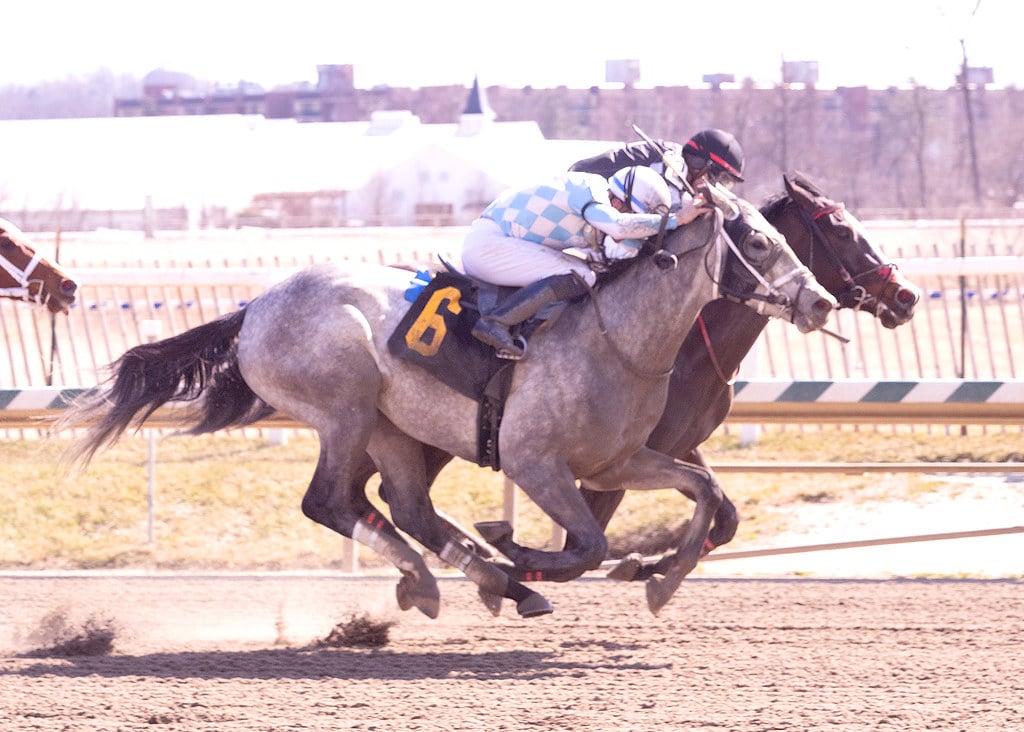

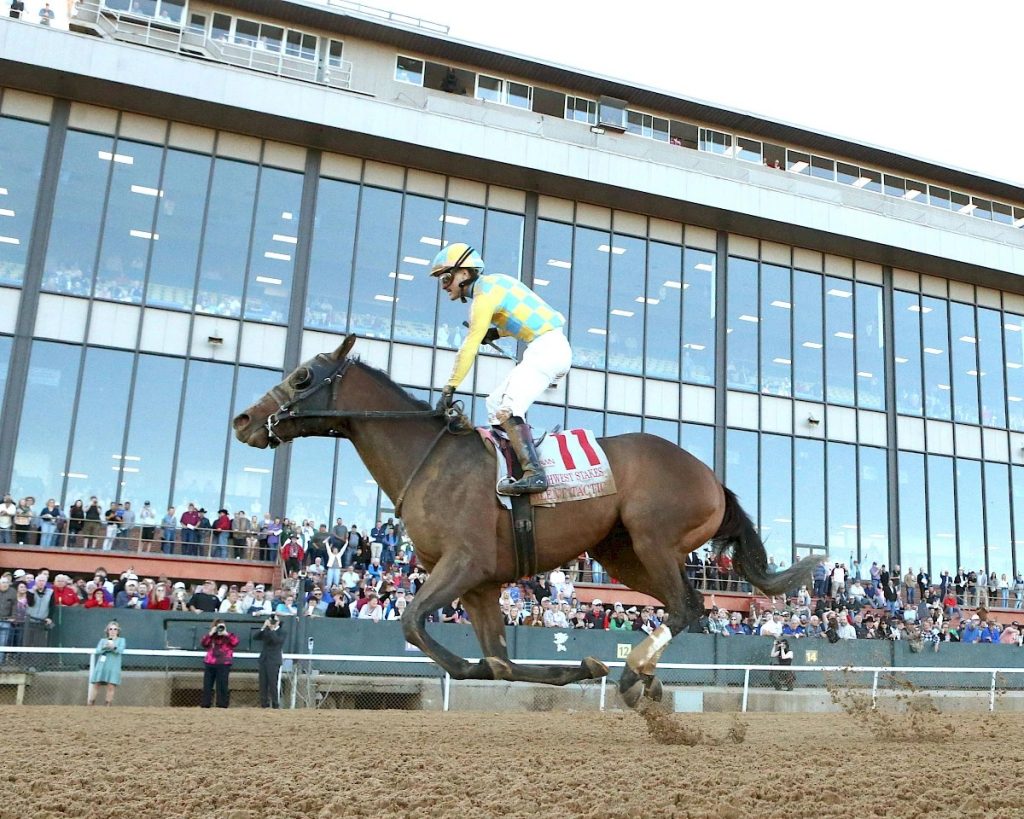
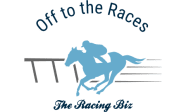
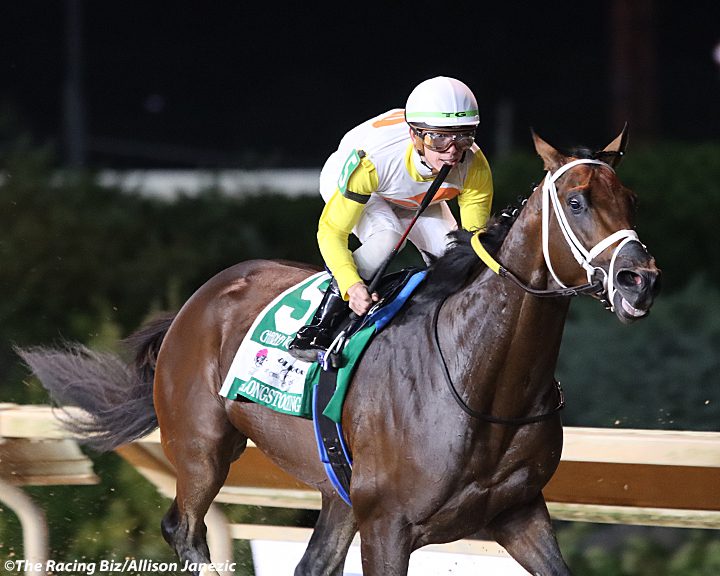
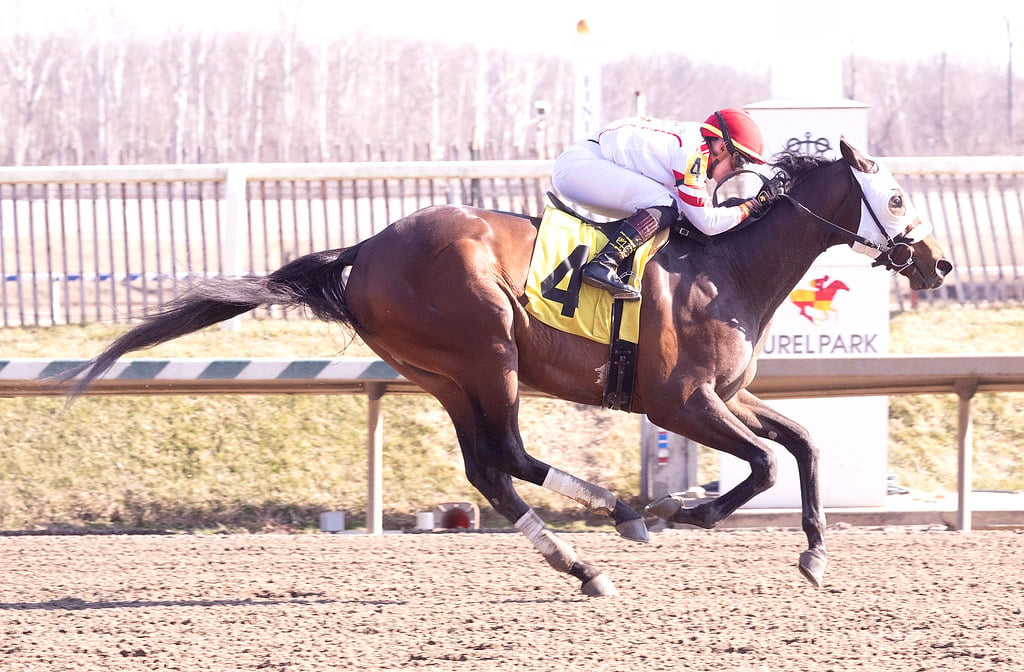
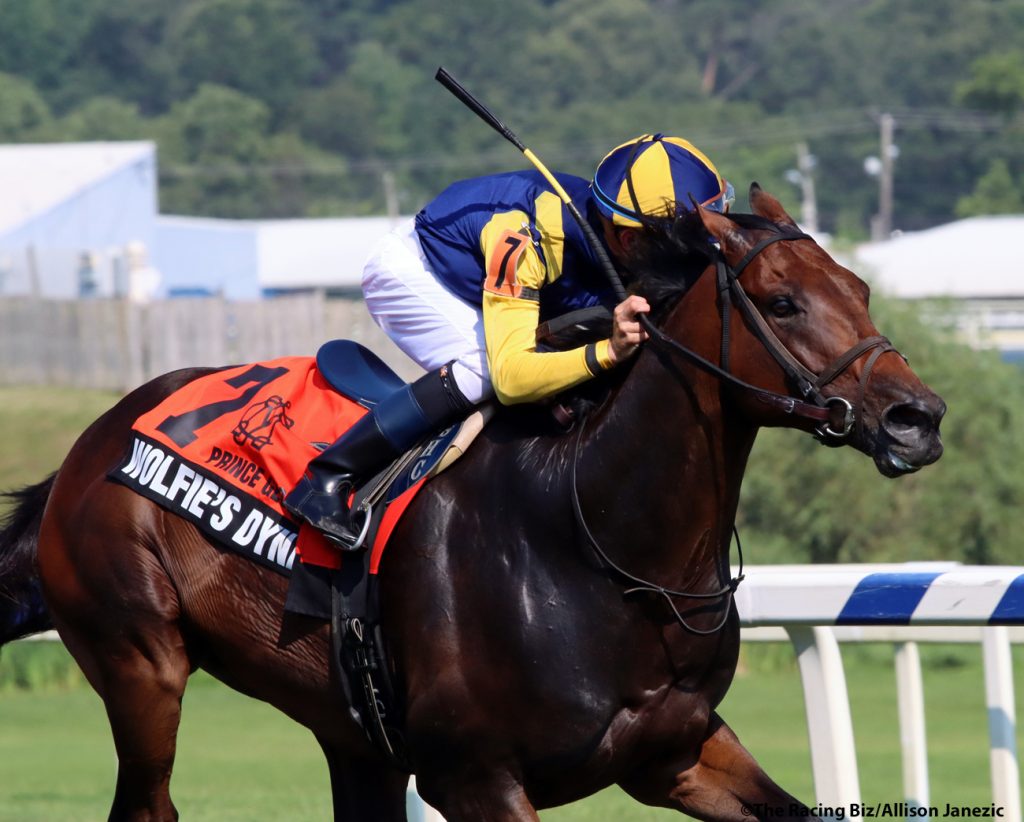
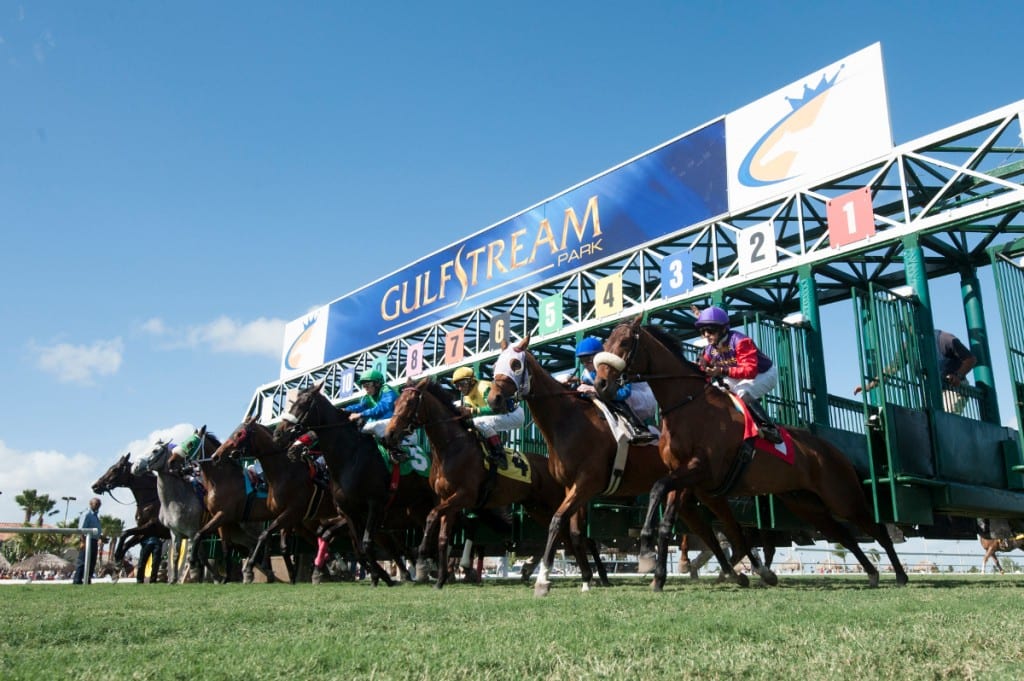

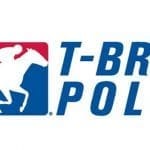
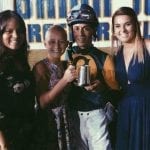
steve englehart
27th Mar 2018The racetracks want bigger fields,this will certainly be detramental to both rider and horse safety
Anonymous
27th Mar 20184.5
Jacqueline Rodriguez
27th Mar 2018I agree its about time that they did something for the safety of all the riders out there beside the weight allowances the jockeys have to struggle with bulimia because the weight requirements are so low so they have to starve run get in hot box take lasix alot of people have no clue the struggles the guys have u try not eating all day getting in a hot box for hours then go out in the heat run several miles to just get back in hot box because you have to loose more weight they are forced to make weight its not a glamorous life like many think its a dangerous life everyday they risk not ever coming home again these athletes deserve that the industry recheck how to restructure weights in racing so that these guys have the strength and agility to give their best performance and not have to starve to get a win or risk their lives sometimes for a small paycheck this is a very serious issue that has been going on for long time there has to be a better way for racing and these riders i have seen so many accidents through the years not only deaths but seroius injuries as well and after risking there lives at the end many are left with nothing but a messed up system i pray that someone somehow some day reconsiders first start by allowing more weight on riders. So that they can be stronger when they are out there trying ride a race being healthy makes a difference and also make sure that the tracks are in good condition that the horses are in good health and condition so that tragedies like we have seen now more often then ever would not happen please to the racing association help raise the riders weights help protect these athletes that have given so much of them to make racing history god bless and protect these guys lives always from someone who has seen the struggles the pain the distruction they go through please make a difference ????????????
Jacqueline Rodriguez
27th Mar 2018https://www.ncbi.nlm.nih.gov/pmc/articles/PMC4555501/
Patricia Cooksey
04th Apr 2018Jacqueline,
As you can see below Kentucky has raised the weights for jockeys to no less than 116 lbs.
if they are raised any higher than we would get larger people trying reduce to do the weight and continue to have the health problems with reducing.
Kentucky regulation 810 KAR 1:014
With the exception of apprentice allowances, handicap races, three (3) year old horses entered to run in races against horses four (4) years old and upwards, and the allowance provided in subsection (11) of this section, a jockey shall not be assigned a weight of less than 118 pounds. For three (3) year old horses entered to run in races against horses four (4) years old and upwards from January 1 through September 1, a jockey shall not be assigned a weight of less than 116 pounds.
Five (5) pounds shall be the limit of overweight any horse is permitted to carry